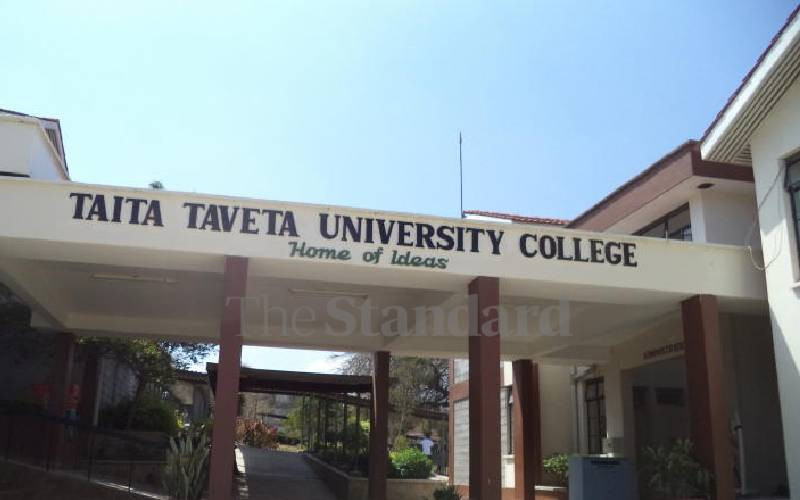×
The Standard e-Paper
Fearless, Trusted News

Little interest in mining courses poses a major threat to Kenya's quest to join the league of large-scale mineral producing countries. This could scuttle the country's industrialisation agenda, experts have warned.